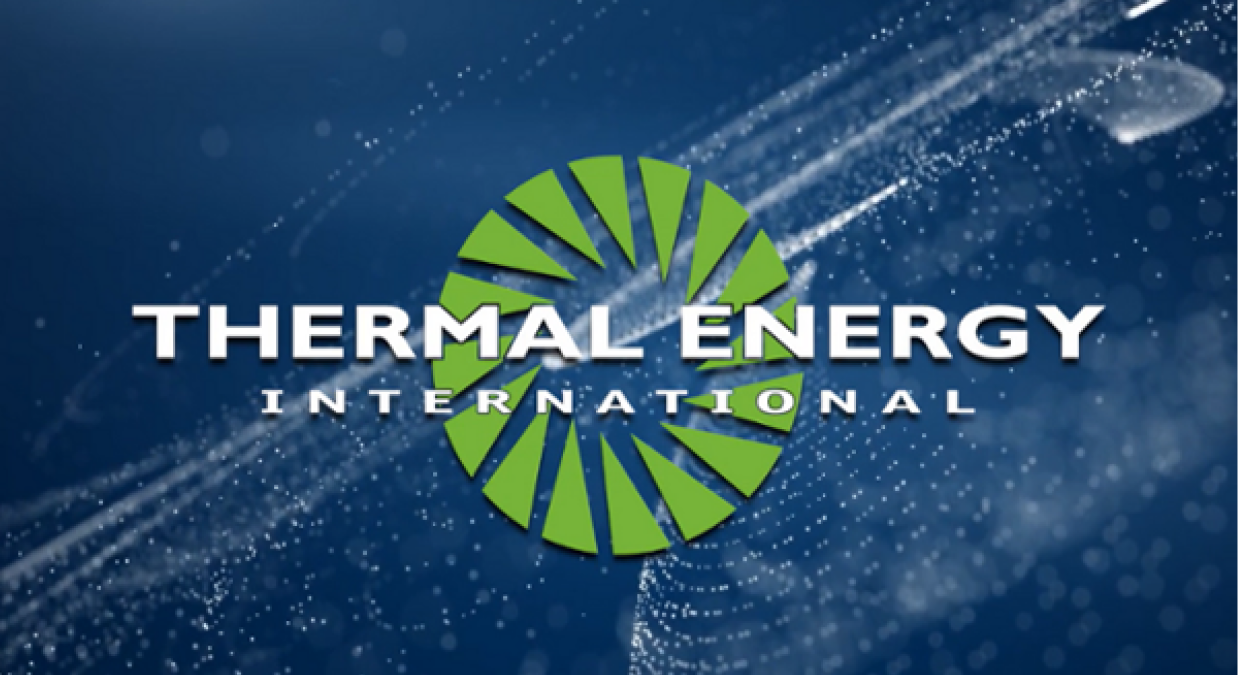Thermal Energy Secures $4.1M Add-On For Pharma Heat Recovery Project
Thermal Energy secures $4.1M CAD to expand pharma heat recovery project, now valued at $5.6M and set to cut CO₂ by 2,038 tons/year.
Breaking News
Jul 04, 2025
Vaibhavi M.

Thermal Energy International has secured an additional $4.1 million CAD order to expand a previously announced heat recovery project with a major multinational pharmaceutical company. This new order increases the total value of the project to $5.6 million CAD. Under the agreement, Thermal Energy will fully design, implement, and commission the system on a turn-key basis.
“This implementation and commissioning contract follows a series of key achievements and deepening collaboration between Thermal Energy and this customer. Originally stemming from a Project Development Agreement, we signed a Master Services Agreement with the customer in December 2024. On February 11th of this year, we announced a $500 thousand contract to complete the detailed engineering for this project, representing the largest engineering contract in our history. On June 26th, we announced the $1 million custom equipment order for this project. We are excited to now be asked to bring this project to completion and operational launch,” said William Crossland, CEO of Thermal Energy International.
He also commented, “This is an important project for us and the customer. We look forward to advancing our strategic partnership focused on energy efficiency and decarbonization goals. This project and our suite of solutions align with the customer’s ambitious sustainability strategy and their commitment to the United Nations' Race to Zero campaign. Finally, this leading pharmaceutical company has several manufacturing sites around the world that could benefit from our technologies.”
The project demonstrates the company’s growing role in delivering industrial energy efficiency solutions that support global decarbonization goals. Once operational, the system is expected to cut the pharmaceutical facility’s natural gas use and CO₂ emissions by 12.5%, translating to a reduction of approximately 2,038 metric tons of carbon emissions annually.
